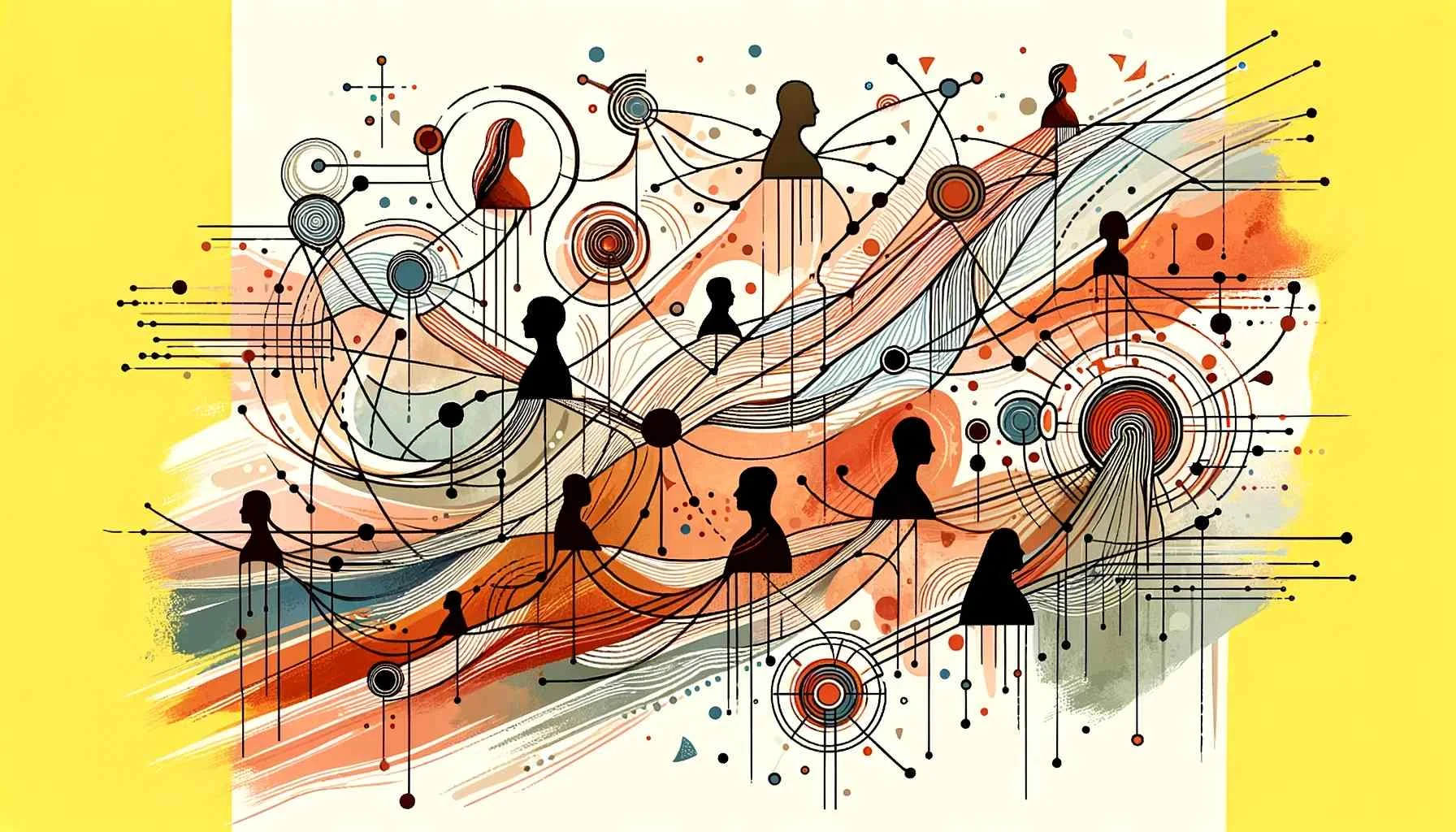
Exploring Common Therapy Formats: Which is Right for You?
❝Therapy comes in various forms, each designed to address specific needs and dynamics. Let's explore them to see which one aligns best with your journey towards healing and growth.❞
Important: TherapyRoute does not provide medical advice. All content is for informational purposes and cannot replace consulting a healthcare professional. If you face an emergency, please contact a local emergency service. For immediate emotional support, consider contacting a local helpline.
About The Author
TherapyRoute
Mental Health Resource
Cape Town, South Africa
“Our mission is to help people access mental healthcare when they need it most.”
TherapyRoute is a mental health resource platform connecting individuals with qualified therapists. Our team curates valuable mental health information and provides resources to help you find the right professional support for your needs.


